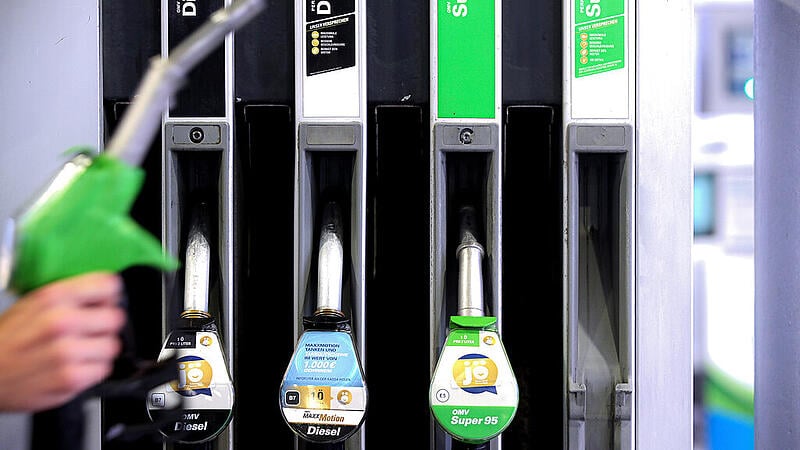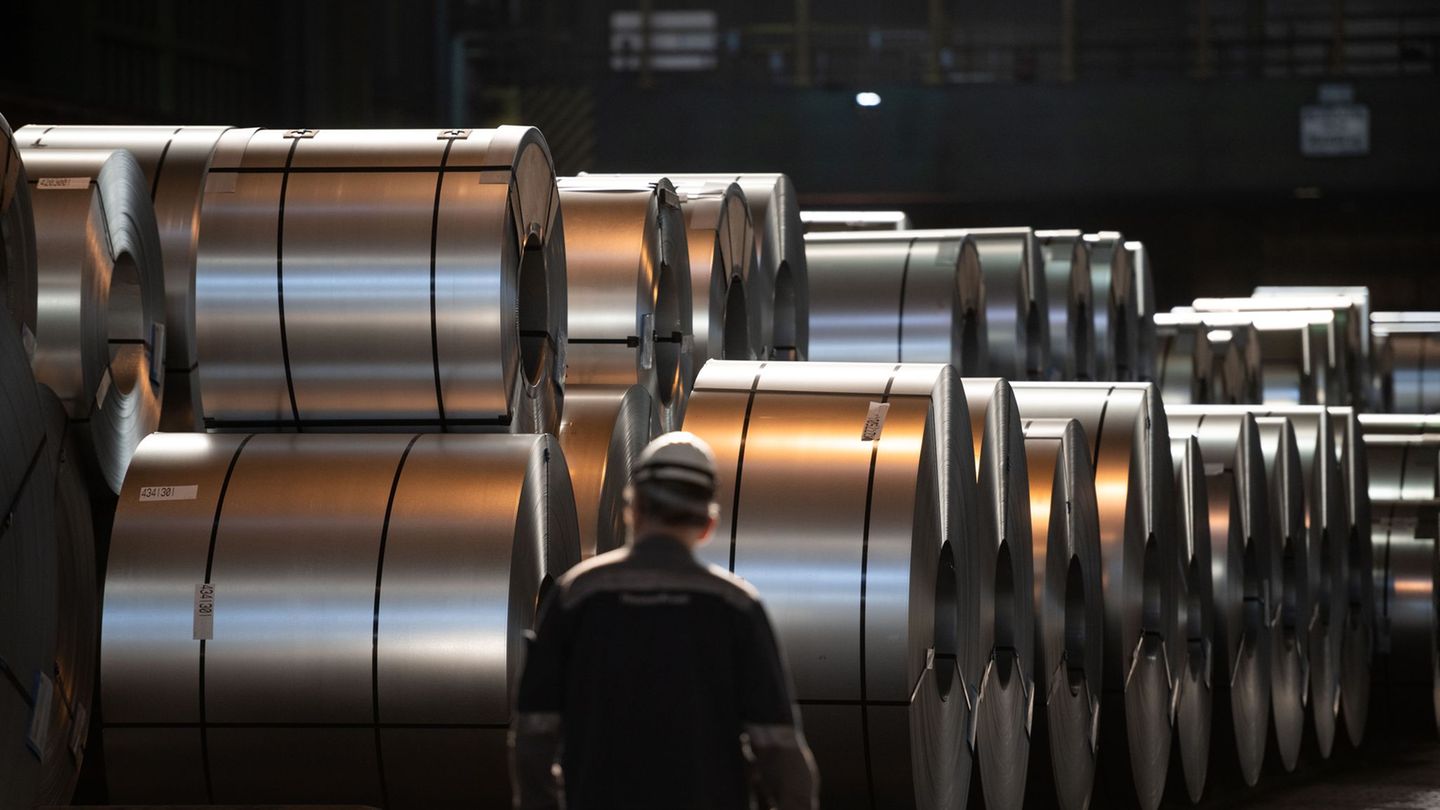Image: Volker Weihbold
With E10, 10 percent bioethanol produced from agricultural products and organic waste products is added to the fossil fuel. “There is no price increase at the pump,” said ÖAMTC director Oliver Schmerold on Friday at a press conference in the Agrana bioethanol plant in Pischelsdorf (Lower Austria). According to the ÖAMTC director, petrol prices have developed “within the normal range” since April. In order to make the vehicle stock in Europe more climate-friendly, E20 is “a reasonable objective for Europe in the medium term”.
Agrana has been operating a biorefinery plant in Pischelsdorf (Lower Austria) since 2008 and has since invested around 300 million euros in the site. Wheat starch, wheat gluten, protein feed and bioethanol are produced there from feed maize and feed wheat. The bioethanol plant was already designed for the ethanol demand in Austria when E10 was introduced. In recent years, around half of the bioethanol from the Agrana plant has been exported.
Increasing the admixture has long been an issue in Austria. In autumn 2012, the then Agriculture and Environment Minister Nikolaus Berlakovich (ÖVP) called off the introduction of E10 two weeks before the planned date due to political headwinds. The Turquoise-Green Federal Government has anchored the increase in the proportion of bioethanol in petrol from 5 to 10 percent in its government program for 2020-2024.
The reason for the gradual introduction is the amendment to the Fuel Ordinance, which has been in force since the beginning of 2023. The amendment to the Fuel Ordinance does not directly prescribe E10, but the law obliges petrol station operators to gradually reduce the greenhouse gas emissions caused by this. Since the amendment also means that other reduction options can no longer be counted in some cases, the only alternative left for the filling stations was the introduction of E10. The added bioethanol content is considered climate-neutral, since the CO2 released was previously bound from the air during the growth of the plants.
Since April, petrol stations in Austria have switched from E5 to E10 premium petrol without much ado. According to the WKÖ trade association of the mineral oil industry, E10 is now available at almost all Austrian petrol stations.
“We are pleased that we have now succeeded in taking this step,” said Agrana boss Markus Mühleisen at the joint press conference with Lower Austrian Deputy Governor Stephan Pernkopf (ÖVP) and ÖAMTC Director Schmerold. “The winner of the E10 introduction is the Austrian climate balance sheet,” says the Agrana boss. Pernkopf referred to the positive effects of the introduction of E10 on the environment and the economy. “Instead of continuing to export valuable biofuel abroad, it can now be used domestically immediately. Energy from home instead of from Russia or the Saudis,” said the politician.
However, environmental protection organizations have always criticized the use of E10 and pointed out that “energy crops” for bioethanol production are crowding out more and more acreage for food worldwide.
In the past, the compatibility of E10 for car engines was an issue on several occasions. According to an ÖAMTC evaluation of existing vehicles at the beginning of 2023 – not including vehicles that were first registered at least 30 years ago – 98.3 percent of petrol cars in Austria can handle the 10 percent bioethanol content. Industry and interest representatives have also launched an information platform https://e10tanken.at/. In addition to Austria, E10 is available in 15 EU countries (including Germany and France) and in Great Britain.
Source: Nachrichten




